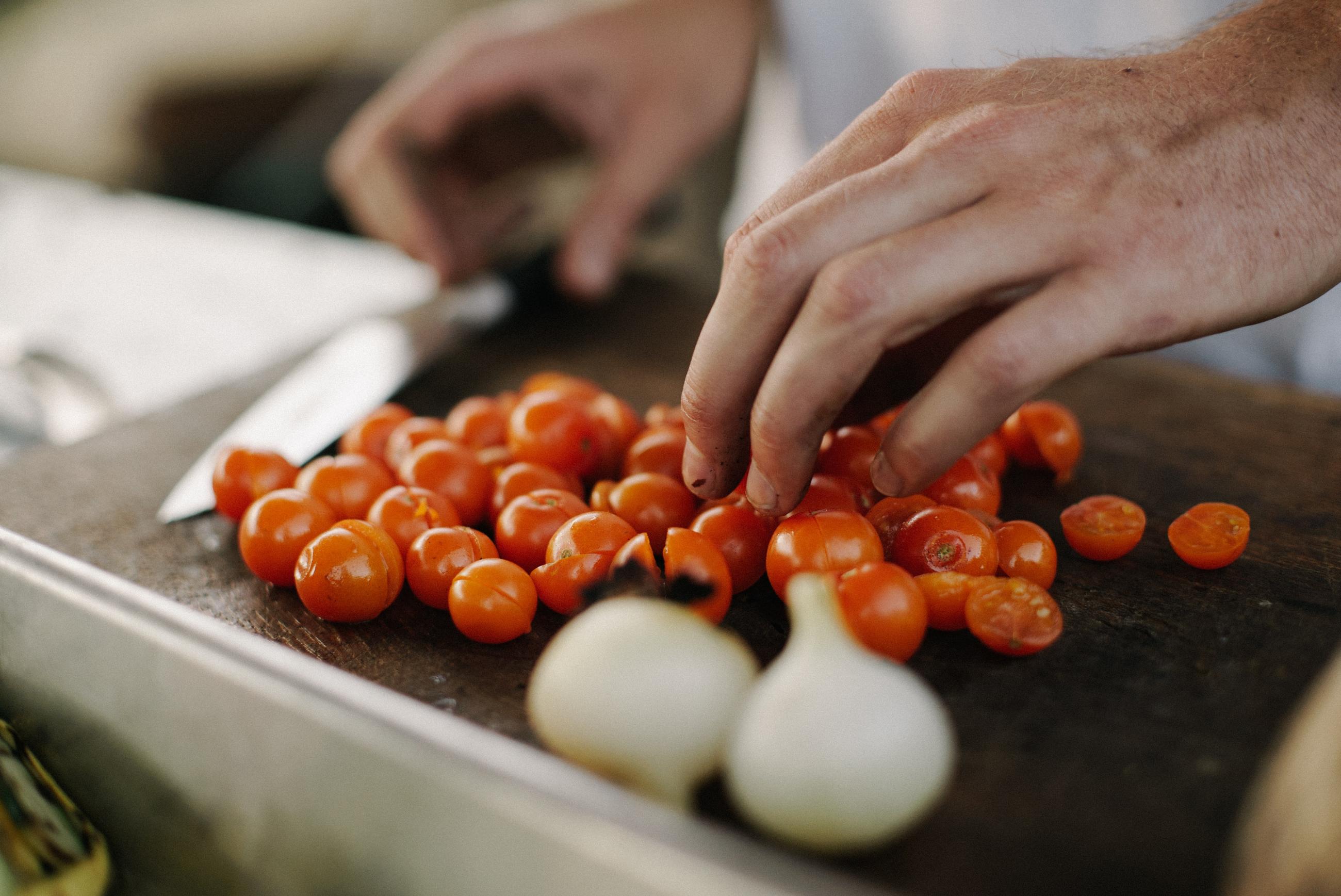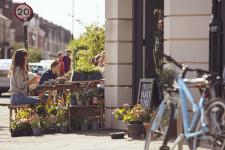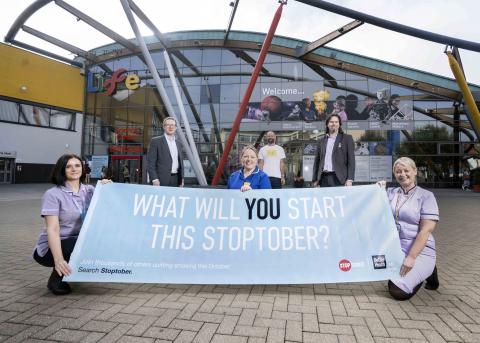3 April 2020
| | 3 min readNewcastle residents warned of risks of selling homemade food
People advertising food for sale that they have prepared at home have been warned to register as a business and not to gamble with people’s health.

The warning comes following a rise in individuals advertising homemade food for sale on social media websites. There have been several instances of people offering to cook and deliver food to others, and accepting money to do so.
It is important people register as a food business to ensure safety standards are met and to protect consumers. Registration is free.
Cllr Nick Kemp, Newcastle City Council cabinet member for Environment and Regulatory Services, said: “We appreciate that these are very difficult times and people are looking at ways to occupy themselves, trying to help out in their communities, and even looking for opportunities.
“but standards are in place to ensure food products are safe to consume, are made following strict hygiene regulations and is prepared to a standard that does not put people’s health at risk.
“So please realise that selling food from your home makes you as liable as any restaurant, café or shop for the quality of your products so it is important people stick to the regulations in place.”
When preparing food to sell, you must:
- Ensure that all food you produce is done so hygienically. Raw and ready to eat foods must be kept separate at all times to prevent cross-contamination. You should not prepare domestic food at the same time you are preparing food for your business.
- Ensure that all foods are thoroughly cooked. You should aim for a core temperature of no less than 75oC. You could also look for a colour change for example, raw chicken is pink and cooked chicken is white. You should take and record the temperature of all foods you prepare.
- You must consider carefully the safety of the food you produce; and the risks involved. The way to do this is through a food safety management system such as ‘Safer Food Better Business’. If you do not already have a copy of this you can download it here.
- It is essential that you wash your hands frequently for at least 20 seconds with soap and water. A sanitiser gel alone is not enough. Hands should be washed between all tasks and especially when you have touched something that may be contaminated with bacteria or viruses, for example, raw meat.
- You should ensure you clean your work surfaces thoroughly before, during and after food preparation.
- At the point where the order is placed; you should ask customers to make you aware of any allergies or intolerances they may have. You should check the ingredient labels of the products you are using to determine what allergens are in the foods you are producing. You should also be aware of the allergens you have present in your home for domestic use as these could pose a cross contamination risk. Allergenic ingredients should be kept separate from other ingredients in air-tight containers to prevent cross contamination. Further information on allergens can be found on the Food Standards Agency’s website here.
- Food should be delivered in insulated bags where possible to keep it warm. These bags should be cleaned and disinfected between each use. If you are doing deliveries, you should wash your hands before you leave your home and carry a hand sanitiser with you in your car. Social distancing should be followed when making deliveries.
Environmental Health Officers from Newcastle City Council’s Food Safety team will be closely monitoring the situation. If you require any assistance please email us or visit our food safety pages.
If you would like to give us feedback on our website, please complete this short online form.







